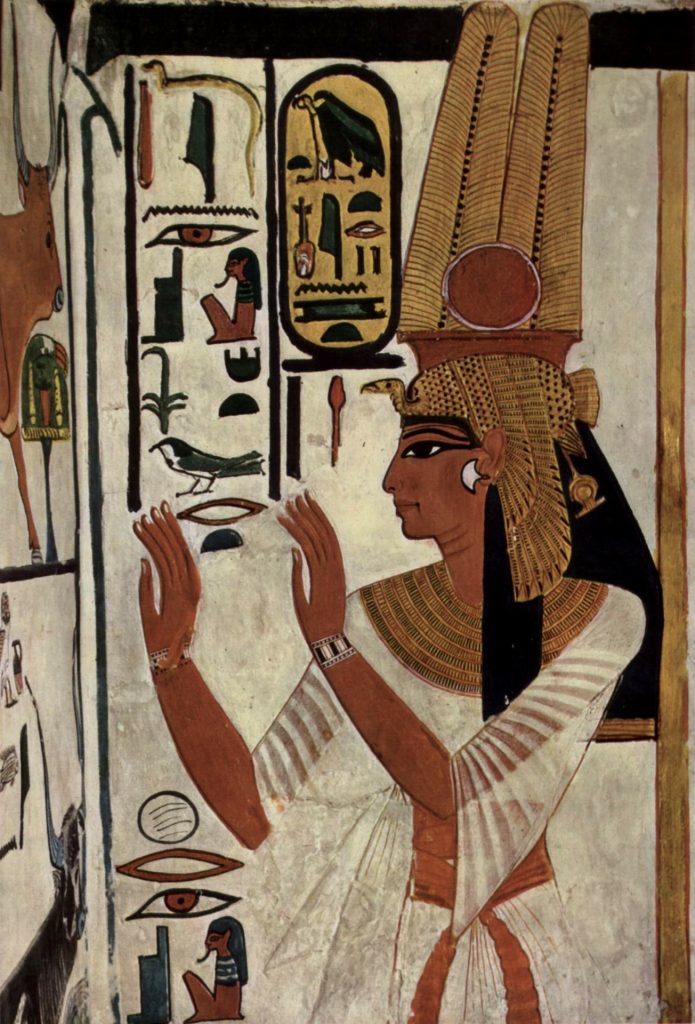Introduction
As with many Middle Eastern countries, the official language of Egypt is literary Arabic or Modern Standard Arabic. However, as any student of the Arabic language has painfully learned, if you attempt to speak MSA on the busy streets of Cairo you will be laughed in the face.
So to not have the same happen to you on your next trip to Egypt, here’s a brief overview of the languages spoken in Egypt.
Arabic in Egypt
Egypt has a total population of roughly 99 million and around 21 million of those live in the capital, Cairo. There’s no wonder, then, that the Egyptian colloquial dialect is based on Cairene everyday speech. Around 68% of the population are native speakers of al-’amiyyah – or Egyptian dialect.
Should you ever be faced with the task of distinguishing between Egyptian and any other Arabic dialect, the task would be easy to complete. The Egyptian dialect is distinct because of its syntax and its unmistakable “jiym” “ج” which usually sounds like an English “j” or a French “g” but in Egyptian is turned into a hard “g”.
Yet, while it differs from its Middle Eastern and North African counterparts most Arabic speakers will understand it perfectly. This is due to the copious amount of Egyptian films and TV-shows broadcasted all across the Arab world. In Egypt, you will rarely find anything on the TV that is not authentically Egyptian. Who knows? You might just pick up a few handy phrases in Arabic from just watching the TV!
Sa’Idi Arabic
Another variant of Arabic is spoken just south of Cairo and all the way down to the Sudanese border: Sa’idi Arabic. The dialect does not enjoy the same prestige as the Cairene dialect nor Modern Standard Arabic. This is despite the fact that many of its linguistic features are shared with both the Cairene dialect and Sudanese Arabic.
Roughly 29% of the population speak Sa’idi Arabic but are faced with the problem of not necessarily understanding speakers of the Cairene dialect – and vice versa.
Sudanese Arabic
Almost all Sudanese people living in Egypt have fled from war and ongoing military conflicts. Therefore, approximately 1.6% of the Egyptian population are native speakers of Sudanese Arabic which is considered very different from the Cairene dialect. Egyptians will therefore have a hard time understanding Sudanese Arabic, while Sudanese will understand the Cairene dialect due to the reach of the Egyptian film industry.
Nile Nubian
The Nubians constitute an ethnolinguistic group who are found in modern-day Northern Sudan and Southern Egypt. Many efforts have been made to preserve the Nubian heritage and their language – although not so often by the hands of the Egyptian government.
Fun fact: in the 1973 war against Israel, the Egyptian military used the Nubian language for codes seeing as Israeli intelligence understood Arabic perfectly.
Coptic Egyptian
On your taxi ride from the airport into Cairo, chances are you will be asked whether you are Christian or Muslim. Egypt is especially tolerant towards the Christian religion, as around 5-15% of the population belong to the ethnoreligious minority of Coptic Christianity. The Coptic language is Afro-Asiatic and dates back to the 2nd century CE. The language has several times been threatened with extinction and is now mostly used in rituals.
English in Egypt
The Egyptian Arabic dialects are filled with English loanwords such as taksi (taxi), tilifizīon (television) or radio (well, that one’s quite obvious). One of Egypt’s main sources of income is the tourism industry which has resulted in a great deal of interaction between Egyptians and English-speaking foreigners.
Due to colonial influences, English is still considered a language of high prestige and is most often spoken by the Educated elite.
While English will definitely let you get by, the Cairene dialect will get you even further. We suggest you binge-watch a few of the Egyptian classics Netflix has to offer prior to your trip to Egypt to learn a few handy phrases in the Cairene dialect!
To return to our Egypt guide please click here.






